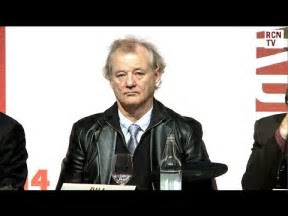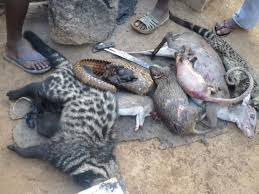Conversations with my Students (11)

(In the middle of a class) Me: Well, in English there are also the Phrasal verbs Student A: Phrasal verbs? What’s that, Mister? Me: See, in Spanish we only have one way to express an action: with one word. In English there are those, but you can also express actions with two words. For instance, RETURNAR. In English you can say RETURN and also COME BACK, a phrasal verb. See? Two possible ways to say the same, in Spanish, we can only say RETORNAR. Student B: Oiga, Mister, pero también se puede decir REGRESAR. ( you can also say REGRESAR ) Me: Yes, well that’s a synonym… Student C: And you can also say VOLVER. Ya son dos ( that makes two ). Me: Yes, class, but remember: there are more options in English… Student D: And let’s not forget ESTAR DE VUELTA! Student E: ¡Y para ese usamos tres palabras! ( and for that we use three words!) Student F: O sea que con ese le ganamos al inglés! ( so, with that one we beat English! ) All students: Yeah! Bien!












